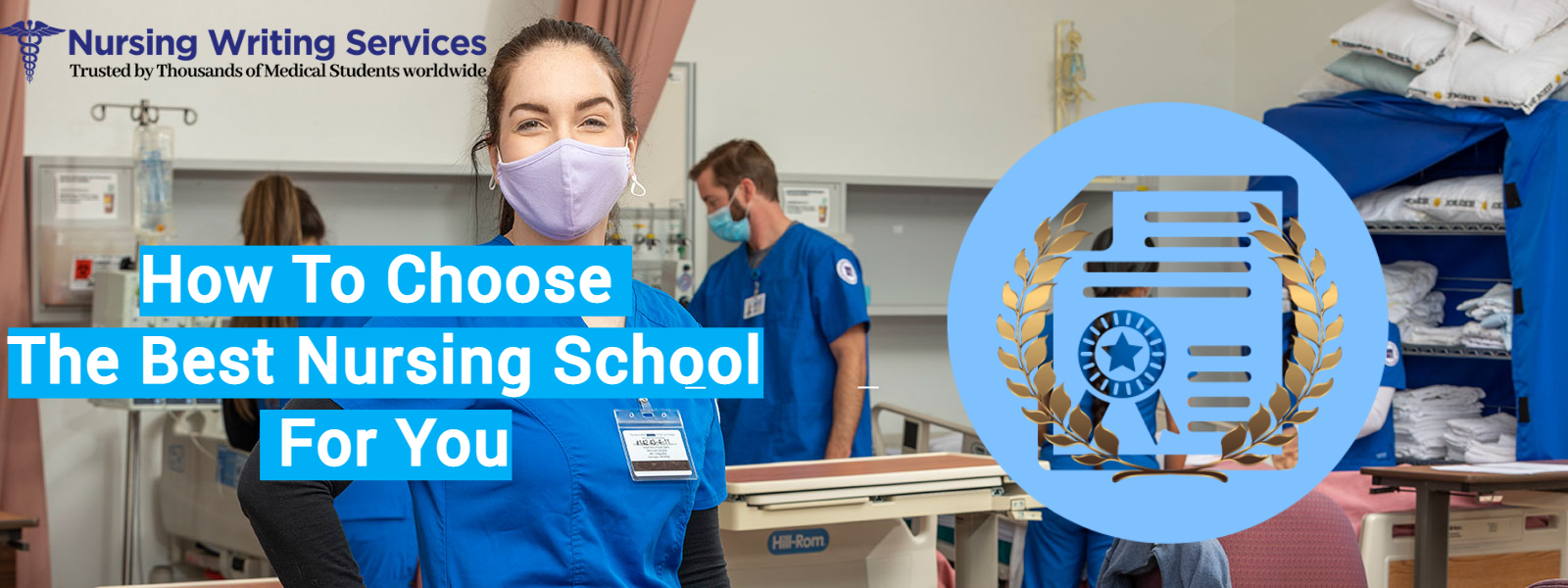Pursuing a Career in Nursing at Wilkes University: Programs and Enrollment Information
Nursing is a dynamic field that offers a wide range of opportunities for individuals passionate about healthcare. If you're considering pursuing a career in nursing, you should consider Wilkes University's nursing programs. Wilkes University offers various nursing programs, each designed to provide students with the necessary knowledge and skills needed to become competent and compassionate nurses. In this blog post, we will discuss the various nursing programs offered at Wilkes University and how to enroll in them.
Undergraduate Nursing Programs
Wilkes University offers three undergraduate nursing programs:
Bachelor of Science in Nursing (BSN)
The BSN program is a four-year program that prepares students to become registered nurses. The program is designed to provide students with a comprehensive understanding of nursing theory and practice. Students will learn how to provide patient care, develop critical thinking skills, and become effective communicators.
Accelerated Bachelor of Science in Nursing (ABSN)
The ABSN program is designed for individuals who have a non-nursing bachelor's degree but wish to pursue a career in nursing. The program can be completed in as little as 15 months and provides students with the knowledge and skills needed to become registered nurses.
RN to BSN
The RN to BSN program is designed for registered nurses who wish to advance their careers. The program can be completed in as little as 12 months and provides students with the knowledge and skills needed to become nurse leaders.
Graduate Nursing Programs
Wilkes University also offers two graduate nursing programs:
Master of Science in Nursing (MSN)
The MSN program is designed for nurses who wish to advance their careers in nursing. The program offers three tracks: nursing education, nursing informatics, and nursing leadership. The program can be completed in as little as two years.
Doctor of Nursing Practice (DNP)
The DNP program is designed for nurses who wish to become leaders in the field of nursing. The program offers two tracks: the post-master's DNP and the BSN to DNP. The program can be completed in as little as two years for the post-master's track and four years for the BSN to DNP track.
Enrollment Information
To enroll in any of the nursing programs at Wilkes University, you must meet the admission requirements for the specific program. Admission requirements vary depending on the program, but most require a minimum GPA, completion of prerequisite courses, and a valid RN license for graduate programs. Prospective students should visit Wilkes University's website for more information on admission requirements and application procedures.
In conclusion, Wilkes University offers a range of nursing programs to help individuals achieve their career goals in nursing. Whether you're just starting out in the field or seeking to advance your career, Wilkes University has a program for you. If you're interested in enrolling in any of the nursing programs at Wilkes University, visit their website or contact their admissions office for more information.






